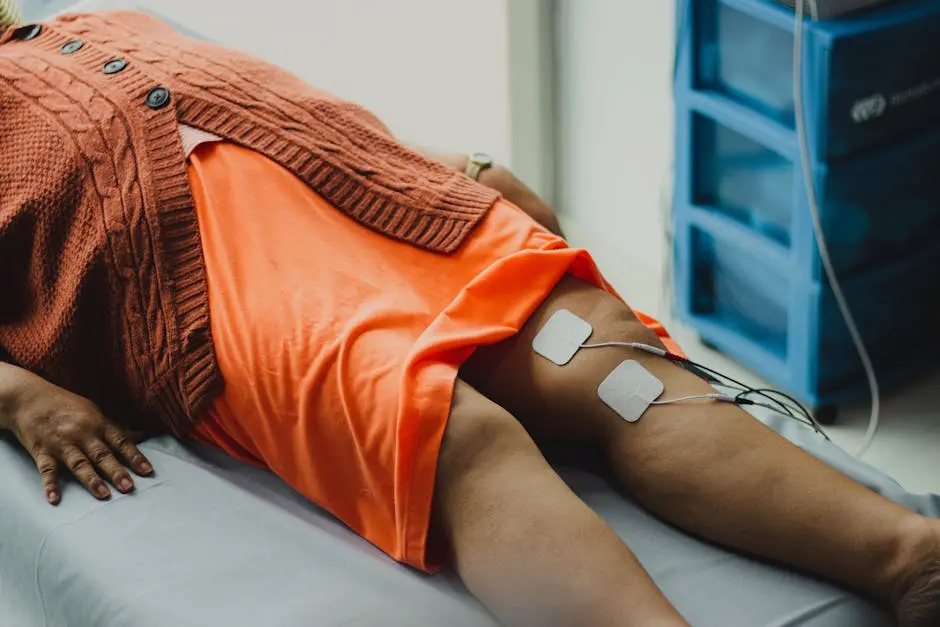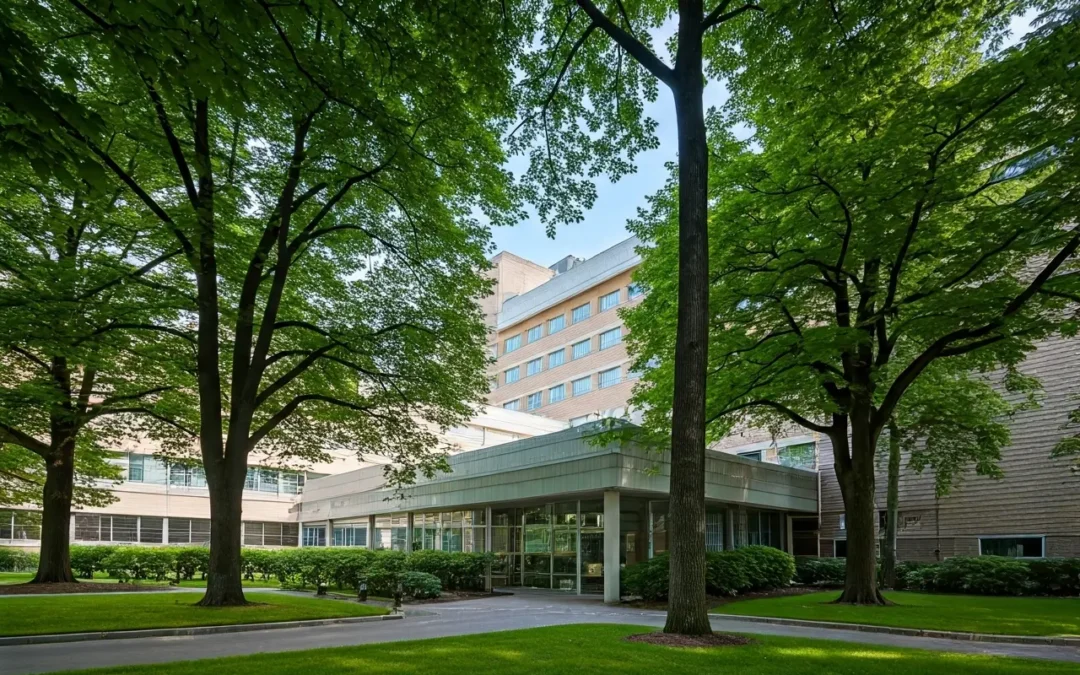Finding the right alcohol rehab program can be an overwhelming task, especially when faced with a multitude of options. In Port St. Lucie, Florida, various programs offer unique approaches to help individuals on their journey to recovery. This guide aims to demystify the rehab process and help you make informed decisions for yourself or a loved one.
Table of Contents
Understanding Alcohol Rehabilitation
Alcohol rehabilitation is a structured process designed to help individuals overcome their addiction to alcohol. It begins with an assessment to understand the severity of the addiction, which guides the development of a personalized treatment plan. Many people might wonder, ‘What does rehab really entail?’ It’s vital to know that rehab is not a one-size-fits-all approach. Each program is tailored to meet the unique needs of the individual, ensuring that the root causes of addiction are addressed alongside any co-occurring mental health issues.
The process of rehabilitation often includes a detoxification phase, where the body physically eliminates alcohol under medical supervision. This step is crucial as it helps manage withdrawal symptoms, which can sometimes be severe. Detox is followed by therapy sessions that aim to uncover underlying psychological triggers and equip the individual with coping strategies for a sober life. Through various therapies, clients learn to understand their behavior patterns and develop new, healthier habits.
Exploring Different Types of Rehab Programs
When it comes to alcohol rehab, the choice between inpatient, outpatient, and intensive outpatient programs can significantly affect recovery outcomes. Inpatient rehab requires individuals to reside in a treatment facility, providing a structured environment away from external stressors and temptations. This setting allows for intense focus on recovery, often combining medical support with comprehensive therapy sessions.
Outpatient programs, on the other hand, offer more flexibility. These programs are ideal for individuals who have supportive home environments or obligations that require them to remain at home. Participants attend scheduled treatment sessions while continuing their everyday life, receiving support without the requirement of an overnight stay. This type of rehab can often serve as a step-down transition from inpatient care, offering continued support as individuals reintegrate into daily routines.
For those needing more intensive support than outpatient programs offer, intensive outpatient programs (IOPs) combine elements of both inpatient and outpatient care. These programs typically require more frequent therapy sessions than traditional outpatient models, providing a higher level of support. IOPs can be an excellent choice for individuals who require robust care but have commitments that prevent them from staying in a facility full-time.
The Importance of Customized Treatment Plans
Customized treatment plans are essential in alcohol rehab, recognizing the uniqueness of each individual’s journey to recovery. A significant aspect of an effective rehab strategy is its ability to adapt to the specific needs of the individual. These plans often involve a combination of therapeutic interventions, medical care, and support systems tailored to the individual’s history of addiction and personal circumstances.
The personalization of treatment ensures that all aspects of a person’s life are considered, from mental health issues to personal preferences and lifestyle. By focusing on the individual’s entire experience rather than just the addiction, a customized plan can address the specific challenges they face. Personalized care not only improves compliance with treatment but also enhances the potential for lasting recovery, as it empowers individuals with strategies and skills relevant to their unique life situation.
Therapies and Techniques Used in Rehab
Rehabilitation programs employ a diverse range of therapies and techniques to address both the psychological and physical aspects of addiction. Cognitive-behavioral therapy (CBT) is widely used, focusing on identifying and changing destructive thought patterns that contribute to addictive behaviors. Through CBT, individuals can develop healthier coping mechanisms and improve their emotional regulation.
Family therapy is another integral part of many alcohol rehab programs. It aims to rebuild family relationships and create a strong support network for the individual in recovery. By involving loved ones in counseling sessions, family therapy promotes open communication and helps address dynamics that may have contributed to the addiction.
Finding Support in Port St. Lucie
Port St. Lucie offers a wealth of support resources essential for recovery. Local support groups provide peer encouragement and understanding, facilitating shared experiences and fostering community bonds. These groups are particularly beneficial, as they allow individuals to connect with others who are navigating similar challenges.
Apart from support groups, the city boasts various community services dedicated to aiding individuals in recovery. These services not only offer practical assistance but also help clients rebuild their lives by providing counseling, career advice, and access to essential resources. Engaging with these community-based supports can significantly smooth the transition to a sober lifestyle.
Taking the First Step Towards Recovery
Choosing the right alcohol rehab program is a significant step towards recovery. With numerous options available in Port St. Lucie, understanding what each program offers can help in making a decision that aligns with personal needs and recovery goals. Taking the first step towards sobriety can be daunting, but remember that help is always available. It’s never too late to seek a healthier, happier life.











